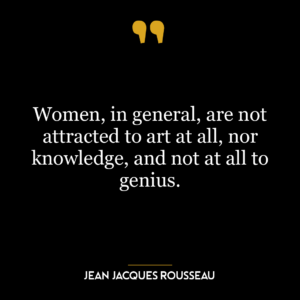This quote is highlighting the importance of knowledge over mere data when making decisions. In essence, it is emphasizing that decision-making should not be an exercise of simply crunching numbers or relying solely on quantitative analysis. Instead, it should be a comprehensive process that involves understanding, wisdom, and knowledge.
Numbers, in this context, can be seen as raw data or statistics. While these can provide valuable information, they do not tell the whole story. They can be interpreted in different ways depending on one’s perspective and can sometimes be manipulated to support a particular viewpoint. On the other hand, knowledge encompasses a broader understanding of the situation, including context, past experiences, and deeper insights that numbers alone cannot provide.
Applying this quote to today’s world, it can be seen in various fields. For instance, in business, a company should not make decisions based solely on sales figures or financial statements. They should also consider other factors like customer satisfaction, employee morale, market trends, and their own mission and vision. Similarly, in public policy, lawmakers should not rely only on statistics but also on understanding the real-world implications of their policies.
In terms of personal development, this quote can be a reminder to not base decisions solely on quantifiable factors like salary or social status. Instead, we should consider our passions, values, and long-term goals, which form part of our knowledge about ourselves. For example, choosing a career should not be based only on how much it pays, but also on whether it aligns with our interests and skills.
In conclusion, while numbers and data are important, they are not the be-all and end-all. Knowledge, which includes a deeper understanding and wisdom, is crucial in making good decisions.
















